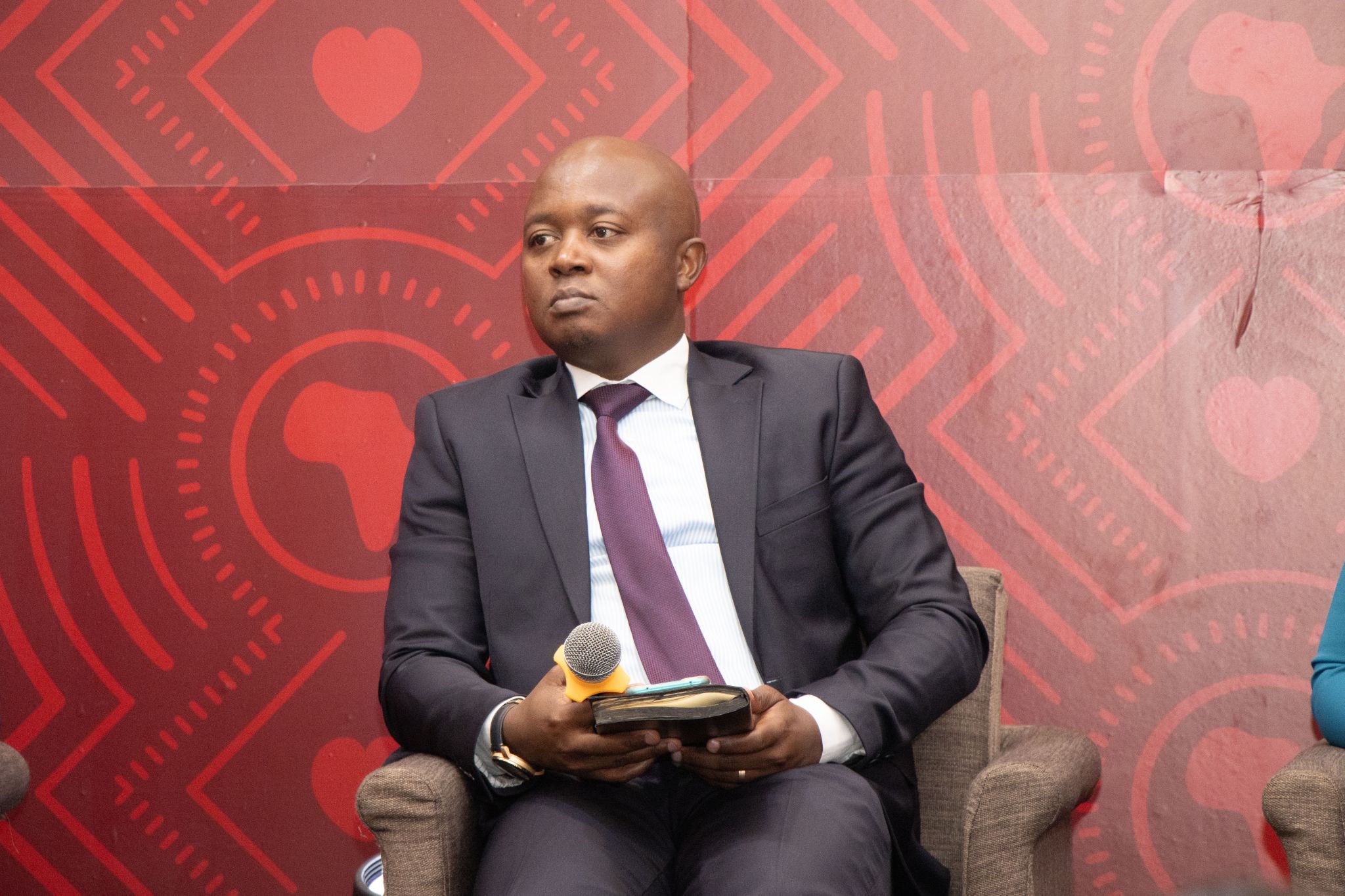Each year, an average Kenyan spends 10 per cent of their income to access healthcare.
A recent report on healthcare financing by the Kenyan Ministry of Health established that a staggering 12.7 per cent of Kenyans do not seek healthcare when they are ill, this is due to high cost of healthcare services and ease of access.
Furthermore, 2.6 million Kenyans were at risk of impoverishment and falling into poverty as expenditure on healthcare was having a major dip in their household savings.
Access to healthcare is a big challenge because of affordability. Majority of Kenyans pay for health care out-of-pocket and very few people have some form of insurance coverage.
All Kenyans at one point or another have been added to social media chats to help pay for family members or a colleague’s medical bills and this is due to statistics that show that, only 2 per cent of Kenyans have some form of health insurance.
Read More
Hence why paying for health care out-of-pocket leads to catastrophic spending, which puts families in vulnerable situations.
The onset of Covid-19 laid bare these challenges, with a surge of patients who needed medical attention, the cost of care drastically skyrocketed.
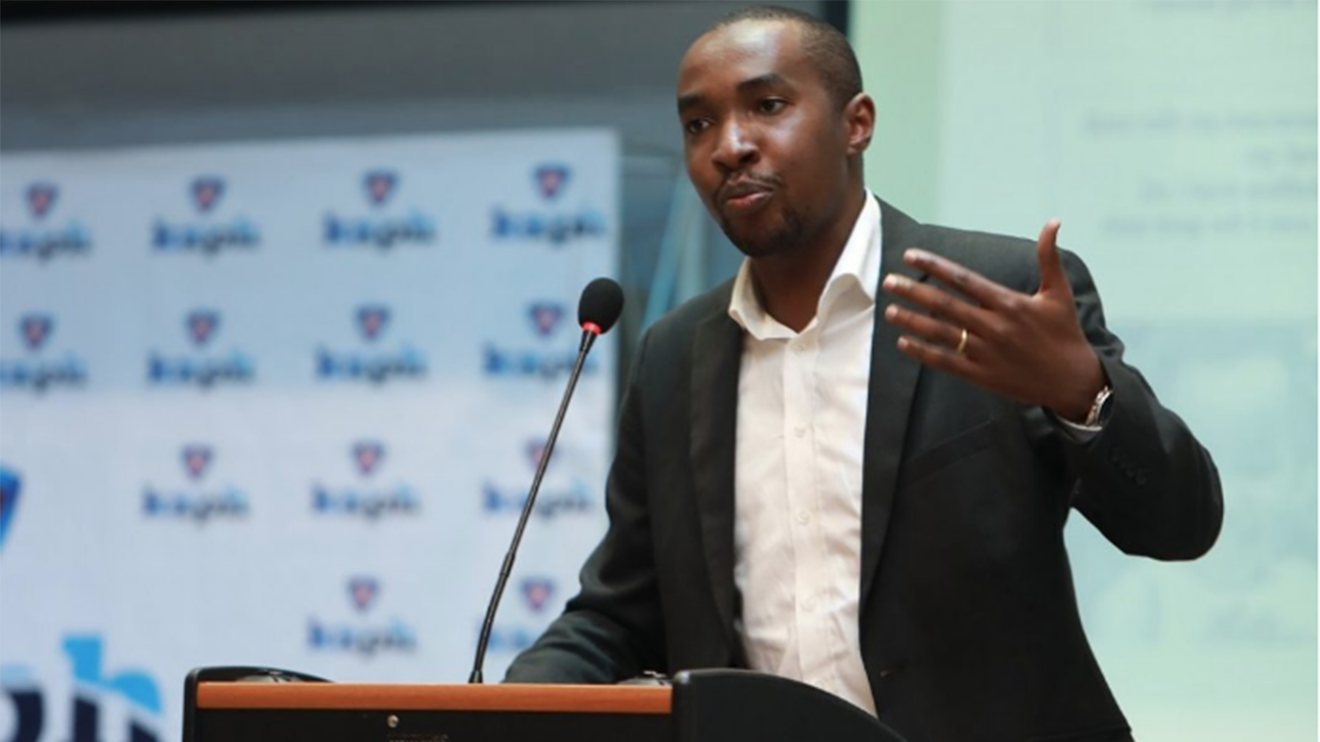
Hospitals were overwhelmed with an influx of patients, causing people who required continued care for chronic conditions like diabetes and hypertension to forgo their life-saving treatment.
Digital solutions have entered the scene and are empowering healthcare facilities to scale their operations and offer improved care to patients.
For example, M-TIBA’s partnership with the Medical Credit Fund, has enabled health facilities to access working capital that supports them to get the resources they need to service patients.
This is in terms of diagnostic equipment, consumables and medicines.
By automating the process through digital technology, the facilities are able to access this financing that is collateral free with ease through a digital process on their phones, enabling them to focus on providing quality healthcare.
In addition to this, digital technology in health has transformed healthcare significantly and at a faster rate compared to traditional systems.
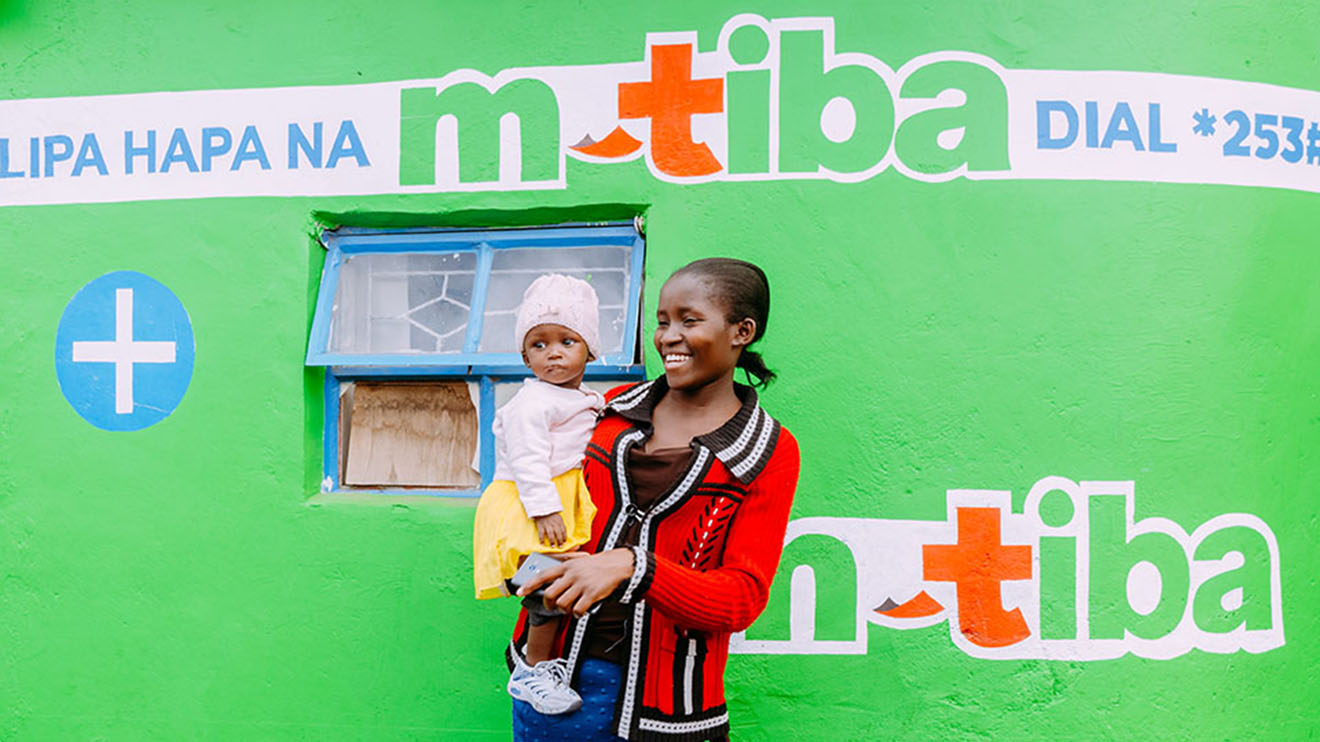
As all healthcare challenges are universal, it is easier to replicate solutions to other regions and even continents.
Healthcare challenges are not new, they are universal and have transcended through decades across developed and developing countries. Kenyans, especially low-income households, spend a third of their resources on healthcare payments.
It is a common occurrence for an individual or family to end up selling their assets to cover up for health costs, or to enable access to treatment of their kin in event of one being diagnosed with a long-term chronic condition or a condition that attracts an excessive treatment cost and their treatment access is limited to certain healthcare facilities.
These issues formed center stage during the launch of the Grace Onyango Foundation for Digital Health in Africa, at the Kisumu Social Hall last week.
The Foundation is named after Grace Onyango, an educator and pioneer woman leader who was the first female councilor, mayor, MP of Kisumu and acting speaker of the Kenyan parliament.
Digital tools like mapping and data automation have been a game changer.
M-TIBA has been able to offer revolutionary technology to the Nigerian market using the same model and digital system which is same solutions servicing two different markets thousands of miles apart, all enabling healthcare penetration.
The ability of this to transform healthcare cannot be underestimated.
We are already seeing the impact these technologies have had on the lives of millions of people across Africa who need healthcare and this is only upscaling as we continue.
Moses G Kuria is the M-TIBA Managing Director

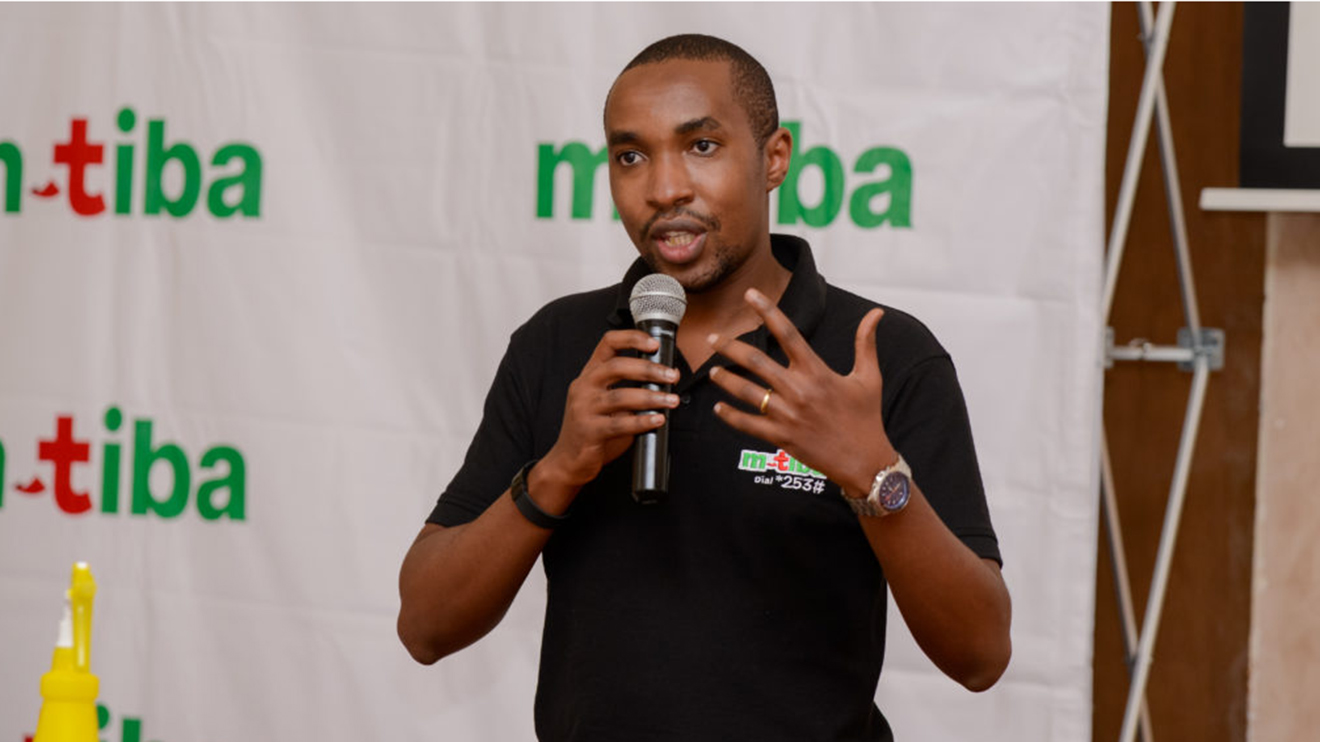
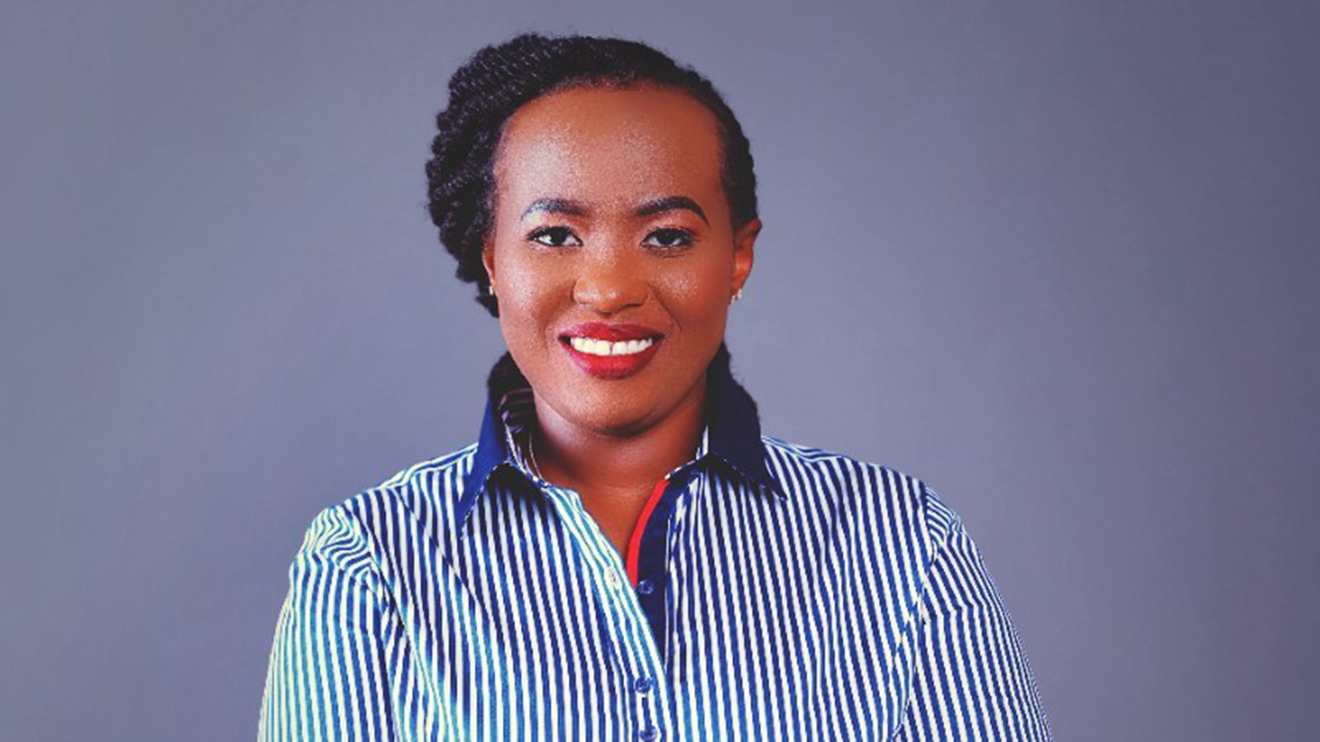


-1753808187.jpeg)
